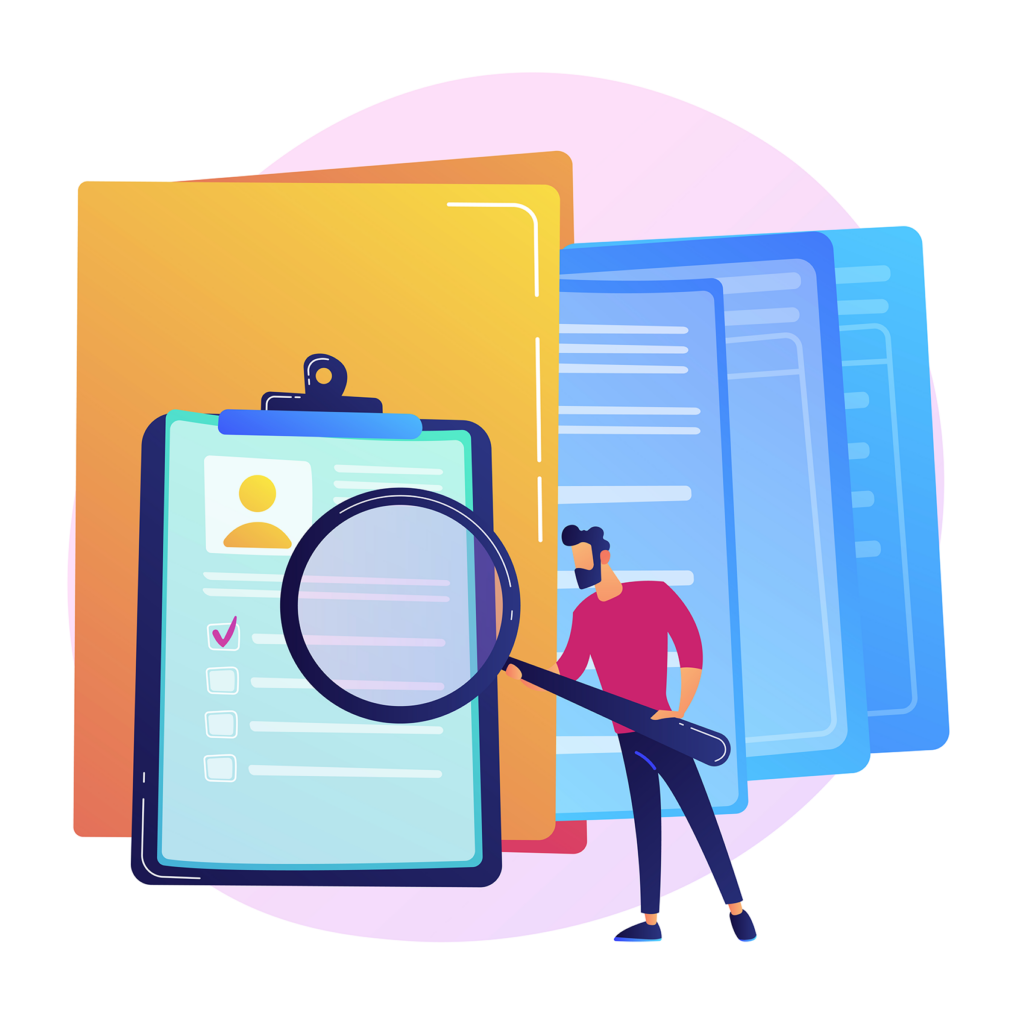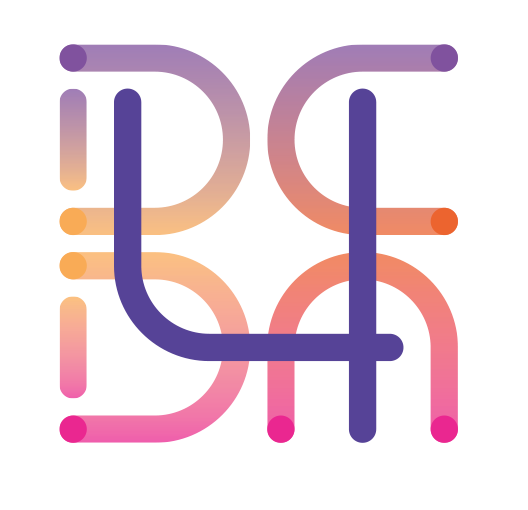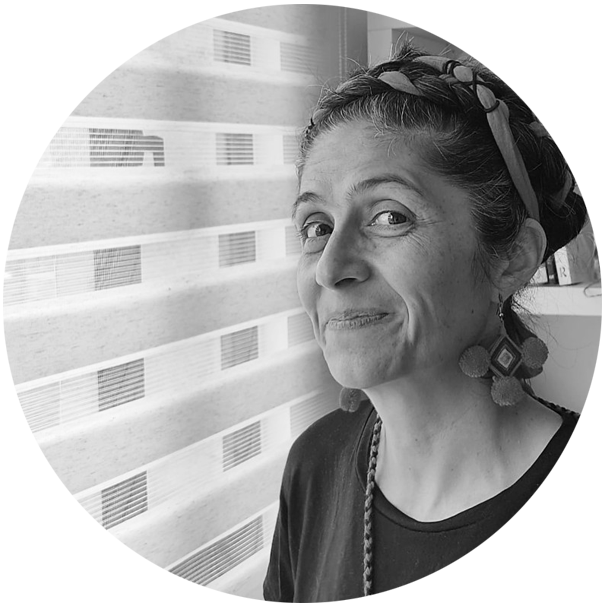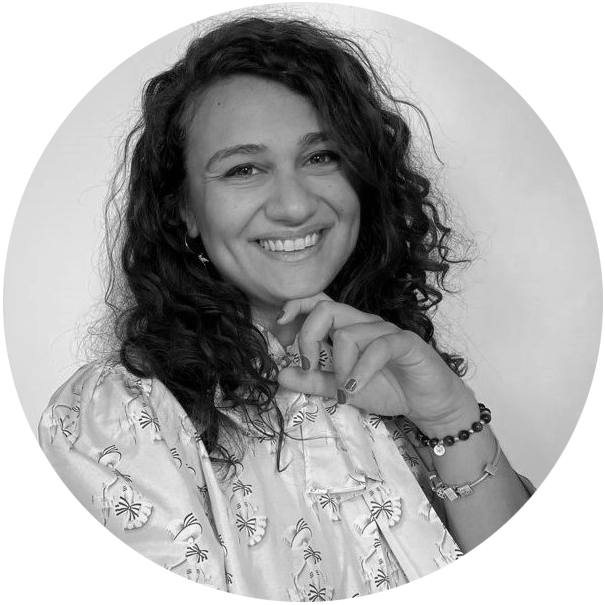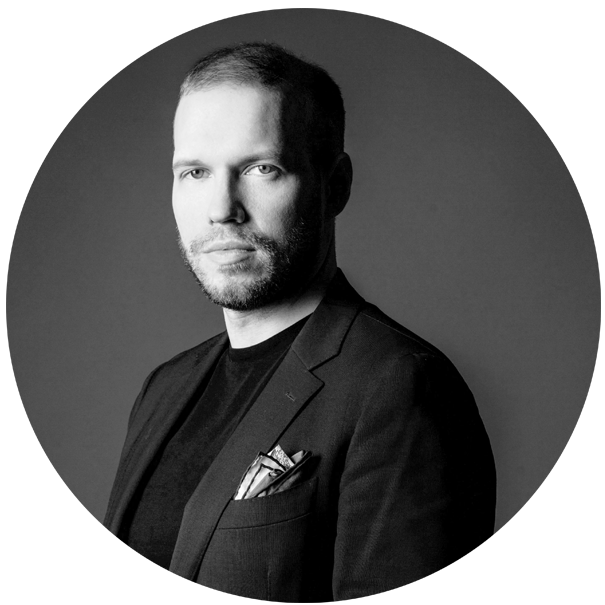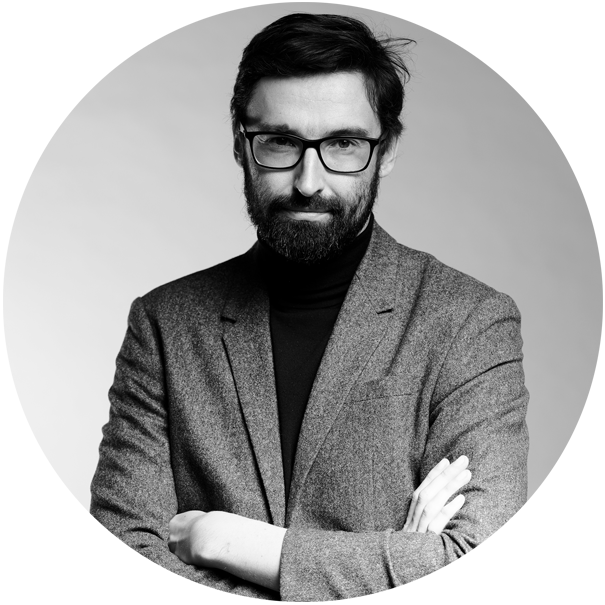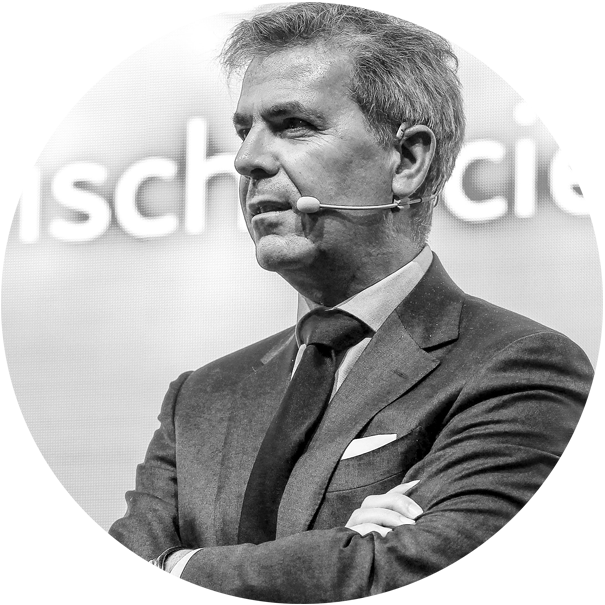Learning Lab Format
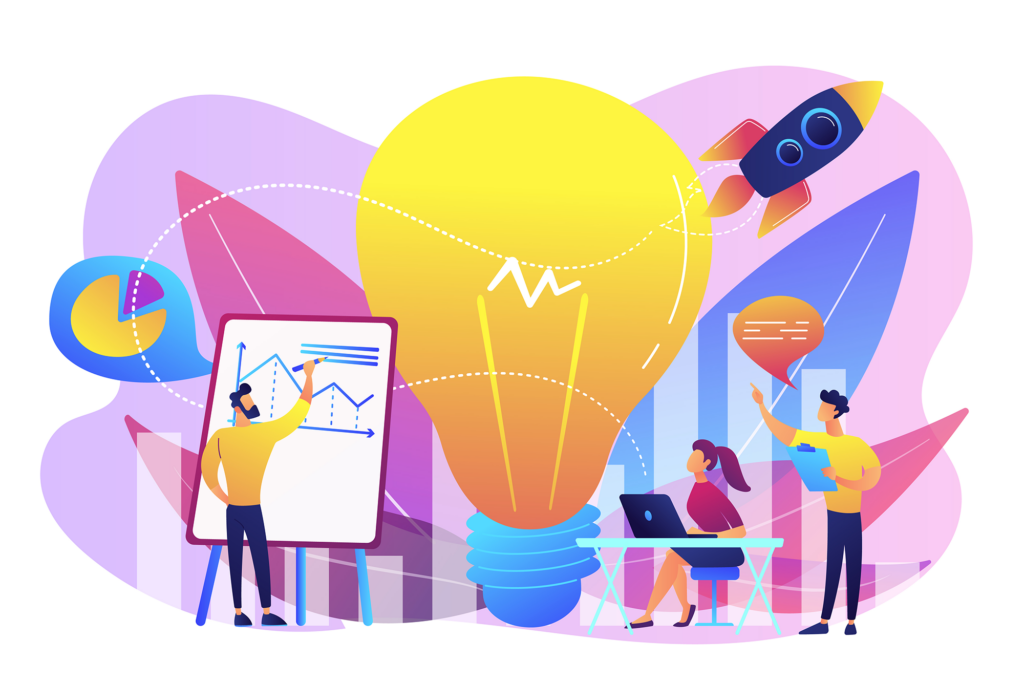
The Learning Lab Format is a practical guide for supporting educators in organizing an intensive Learning Lab for their students. The Learning Lab Format is composed of two parts:
- an online guide on this web. The guide helps answer questions from educators who would like to train their learners through a Learning Lab session. All the issues are addressed in the form of a list of questions such as “How to?”. The keys to success in applying the DC4DM model advising on how to select the stakeholders, how to create active teams, how to manage logistics and facilitation techniques and so on, are presented. This part is presented as
- a template to download (+link to the LearningLab Template file). The template allows to prepare an action plan in preparation of the educational workshop. Educators can refer to the format for guidance before, during and after the training session. They can use it to guide their organization, check the logistical and material preparation, and document the training session.
The DC4DM format contains detailed information on the implementation of a LearningLab applying the DC4DM learning model. Teachers can refer to the format for guidance before, during and after the training. This guide explains the keys to success in applying the DC4DM model: how to select the actors: students, start-ups and companies, how to create active teams, gives advice on logistics and facilitation techniques and describes step by step the phases included in the DC4DM model.
For each item you will find indications and advice on how to carry them out. The points covered :
- How to select learners ready to apply the DC4DM model?
- How to create student Team?
- How to facilitate as a trainer
- What are the logistical elements to plan for a welcoming and energizing place?
- How to define an INSPIRING work Theme
- How to collect the feedback of the different stackholders ?
- How to involve Start Ups et companies
- How to engage the students (Teambuilding activities)
- How to organize in time the process
- How to apply the phase 1
- How to apply phase 2
- How to apply the phase 3
- What effective and relevant communication should be put in place around the Learning Lab ?
- How to join the DC4DM community ?
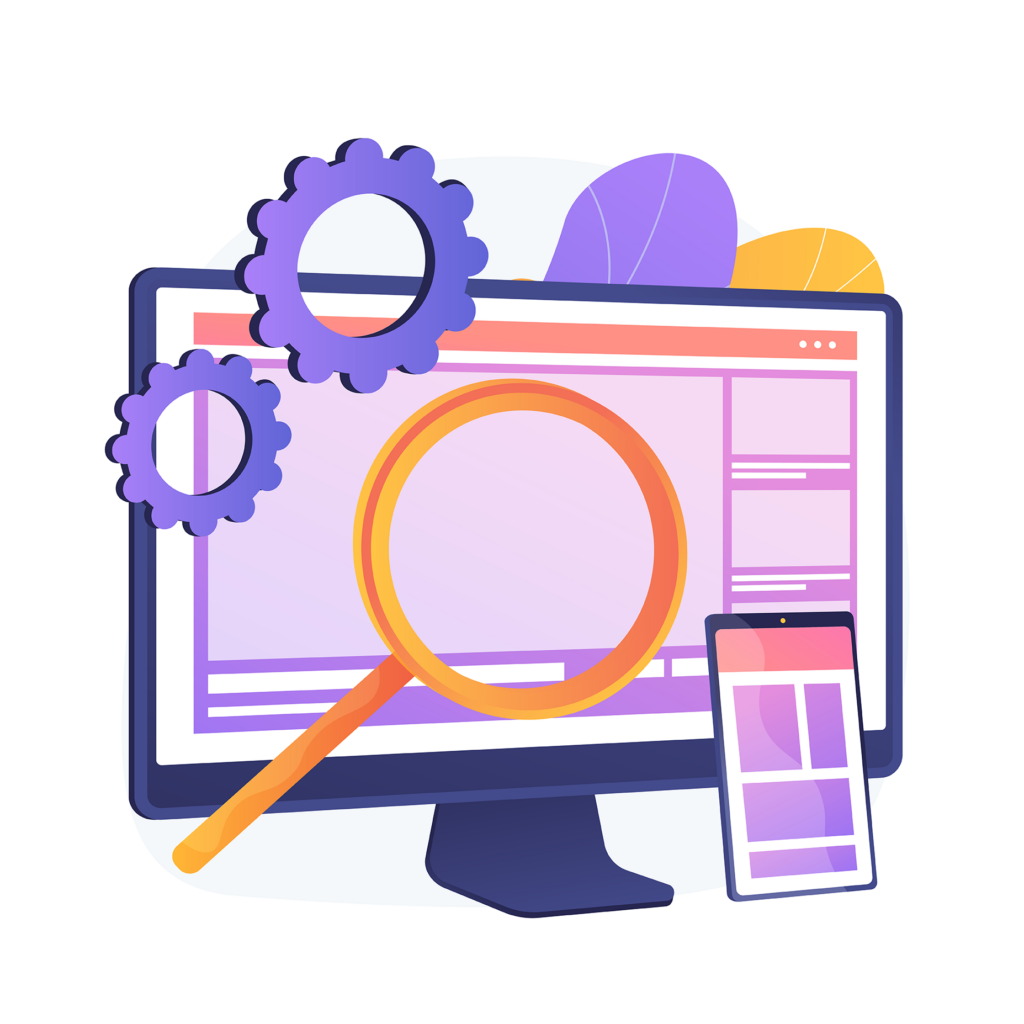
While there is a lot of advice and tools to help learners choose their course, trainers are at a loss when it comes to select students for a Learning Lab. The choice of your students is an important phase that will influence your learning objectives. Knowing who is attending the LLab is directly related to your objective, the way you arrange the activities and the success of the LLab.
Here are some general elements for the selection of students for the training programme:
• which application documents to request
• motivation
• the diversity
• the skills
What are the most relevant documents to ask students to apply for? The curriculum vitae and the motivation letter remain classic tools for learners to apply and for teachers to find the necessary elements for their selection. The purpose of the cover letter is also to test the effort and motivation of the learner. The CV sheds light on the learner’s disciplinary competences, soft skills and experiences. A portfolio can be useful in a second step, after pre-selection, it accompanies and illustrates the CV. It shows the quality of the application and the student’s reflection on the portfolio as a tool for personal development. The content of the portfolio reveals the passion and personality of the student.
One of the primary criteria for success is the motivation of learners to engage in the course. All activities require the learner to be in tune with the training and therefore motivated to discover and learn. The activities require commitment. The learning process creates a cognitive imbalance, so it is important that the learner is as balanced as possible, especially emotionally, to engage in learning.
The DC4DM model is dedicated to multidisciplinary and international teams. This diversity of profiles must be considered from the moment students are selected. This diversity gives rise to the richness of the exchanges and the originality of the work. It is to be taken into account in terms of academic and personal backgrounds, experiences, gender, ethnic and social origins. The different profiles will allow for a broader knowledge of the social and societal environments, where innovation will take place.
The plurality of skills, hard and soft, is also to be considered. The major importance of transversal skills is established in the success of teamwork and innovation. Curiosity, open-mindedness, empathy, the ability to work in a team, active listening are examples of this, which can be seen in the students’ profiles. They create a favourable basis for successful learning.
Each student should be able to put himself/herself in the position of an expert in a given field, this allows each student to value his/her skills but also to trust his/her teammates and rely on them in certain areas. The disciplinary variety brings business knowledge to the innovation process.
For an international configuration, particular attention should be paid to the participants’ level of English. They must be able to communicate, share and express their ideas and concepts without difficulty. This linguistic aspect is important and is one of the keys to the success of teamwork.
How to build the student teams? The challenge is important, as each team of students is destined to work and succeed together.
The question to ask yourself is what is your dream team of students: team members who communicate with each other? a team that succeeds? a team where everyone brings their skills? a team that …? Ask yourself this question and with these questions you will be able to refine the criteria for choosing team members.
Here are some general elements for the constitution of student teams:
• Do you define the team or student can choose?
• How many students per team
• How to divide students into teams
• Personalities
Should teams be defined or should students be allowed to choose their teams or not? The answer depends on your learning objectives and the learners. To have your students build the teams, the tool “SpeedDate” is available in the DC4DM pre-process tools. If the students are not used to working in multidisciplinary teams, the pre-process tools in the “Collaboration” driver can be applied to practice them.
The DC4DM model was applied to a group of 40 students, 8 teams of 5 students. Many people are nervous about public speaking, so it is better to limit the size of each group so that participants are more comfortable speaking and interacting.
What are the criteria for allocating students to teams yourself? The plurality of participants is spread throughout the teams. Social, ethnic, cultural, disciplinary and gender diversity is important in each team. This diversity combined with the complementarity of profiles will make the work richer. By encouraging learners to interact with other learners from other departments, institutions or countries, they can learn to see things from different perspectives. They bring together their ideas around a project. Beyond the learning objectives, the training is intended to a real sharing of knowledge.
To make your team work, the personalities of each need to be carefully matched. Several strong personalities in the same team can cause conflicts. Conversely, a team with many reserved, shy, insecure profiles may struggle to communicate and to move forward. A learner with communication difficulties or who is insecure should be accompanied by a caring person; faced with a strong personality, he will tend to withdraw or feel crushed. It’s a subtle mix…
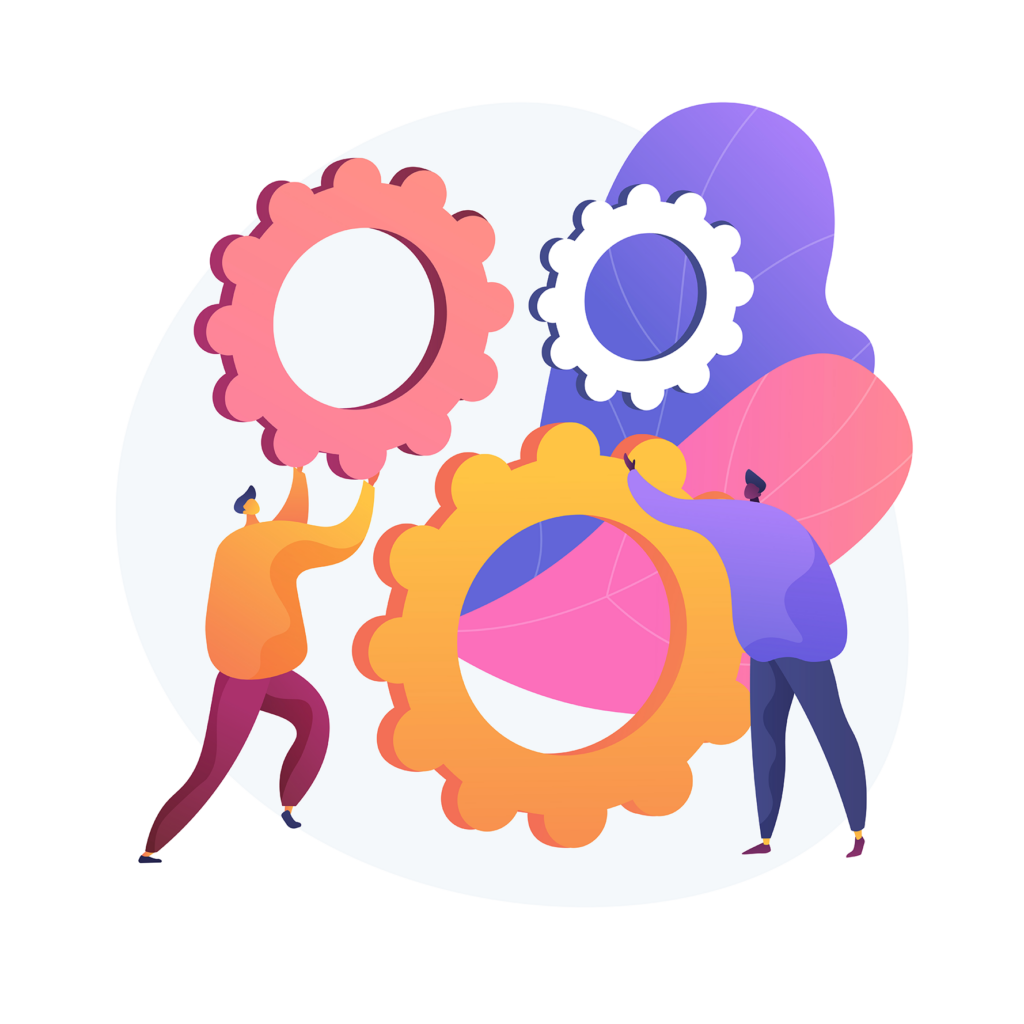
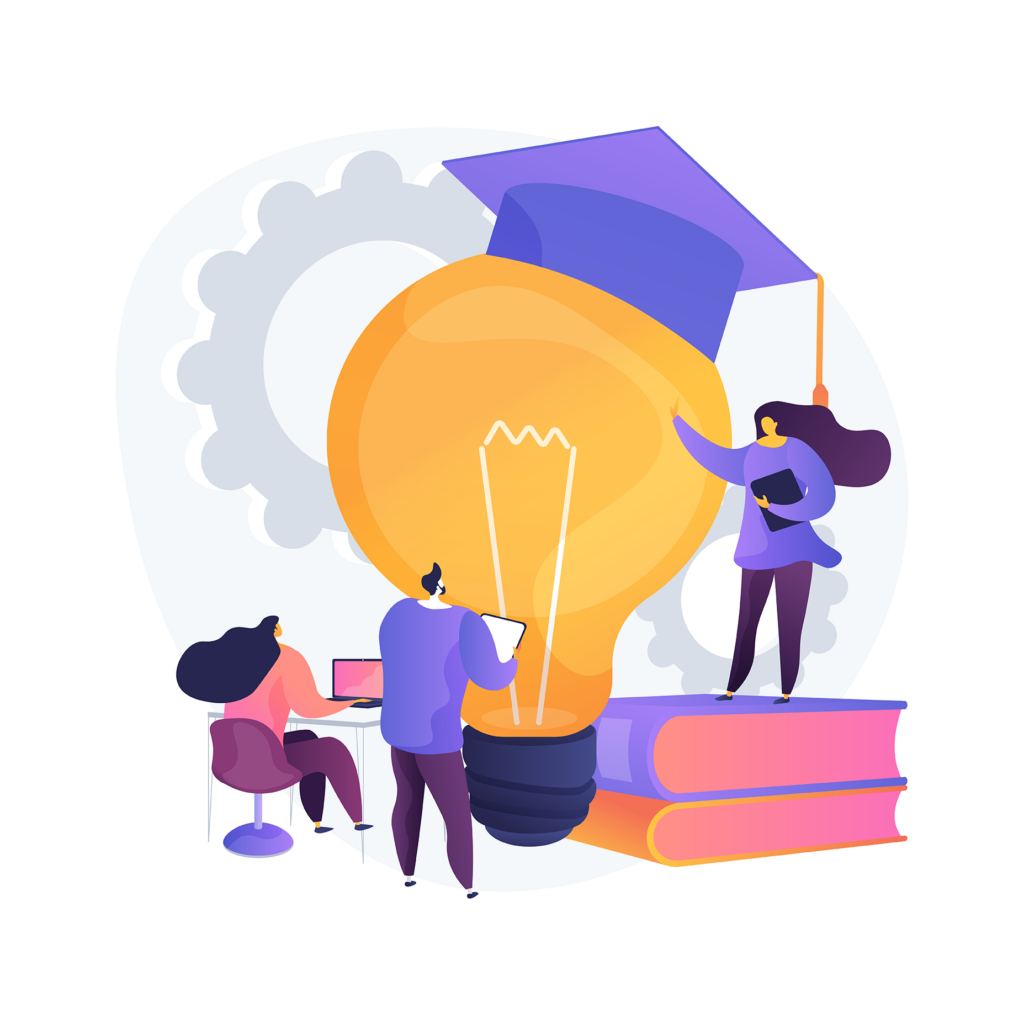
• Organising, disorganising and self-organising
• Listening and being listened to
• Using emotional intelligence and using your own
• Engage and commit
You are responsible for setting the framework for the work by planning the way to achieve the objectives, setting the rules for the collective functioning, and ensuring that the sessions run smoothly. Your role is to enlighten everyone so that they can perceive the common objectives.
Provide participants with a support that allows them to understand the general course of the training and to situate their progress in the activities and objectives at each moment. For example, distribute a programme of activities at the beginning of the session and provide collective access to this programme either in the form of a paper display or in digital form on a document-sharing platform.
At the beginning of each working session (each morning, beginning of the afternoon, return from an external activity), it is necessary to (re) clearly express the objectives of the session in the context of the training, specifying how to access the necessary knowledge, the available facilitating tools and the timing of the associated activities.
In the same way, think about the landing of the day, the end of the day, and reserve a moment for the conclusion time, even if it is minimal. Even if you have to interrupt some teams, dare to conclude the day:
- by mentioning a positive aspect of the day, for example: thanking everyone for their involvement and work, referring to a positive anecdote from the day, to the path already travelled, organising a time for sharing between teams, leaving room for the unexpected of a positive and spontaneous intervention by the participants (applause, thanks, etc.);
- by making people want to come back, for example: tease out the next day’s work activities;
- by inviting people to make room for other activities, to rest, for example: announcing the proposals for extra activities at the end of the day or evening; local sporting or socio-cultural events
Each team then manages itself in terms of whether or not to continue with the activities according to its own schedule. It is important to adjust to different rhythms and levels of involvement while keeping a clear general rhythm.
Your role is also to organise your teachers’ team, to make regular progress reports with the whole team, to ensure that everyone has the objectives in mind, to organise the follow-up of the teams, either by dividing them up or by planning joint feedback sessions.
Delays and incidents are to be expected, so leave room in your schedule to allow for them. Know in advance which activities are essential and which can be reduced. Do not overload the schedule with multiple activities: clearly state in advance what the learners’ needs are, what the learning objectives are and which activities have a real impact on learning.
Be prepared to receive input and feedback from different stakeholders, whether positive or negative. Take them into account by rephrasing them if necessary, sometimes by looking for the deeper causes.
Facilitating is also a question of listening, both to participants and to yourself.
Facilitating will require you to be able to practice active and attentive listening, i.e. to focus your attention on the interlocutor to enable you to understand, interpret and evaluate what he or she is telling you. Listening will enable you to better encourage everyone to express themselves and participate, so that everyone can be an active participant in a team. By being more attentive to the needs of each participant and exercising benevolence, your discourse will be more adapted and have greater impact.
Facilitation requires a lot of energy and self-control, so take care of yourself and listen to your own needs. Find your own solutions to relieve the pressure, depending on your profile, through solitary breaks or collective moments of relaxation.
Your role as facilitator is not to find solutions for everyone, but to encourage, suggest tools and ways out, so that everyone can find their way to solutions. To do this, make sure you’re not singling out anyone in particular. Once you’ve launched your activity, be patient and give learners time to integrate and organize the information and communication between them, so that they can find solutions on their own.
From your commitment will come the commitment of your learners, an obvious tip from a facilitator. Your commitment must be visible both verbally and physically, through your body language and non-verbally, through the quality of your presence. This requires a great deal of preparation and mastery of the process. You also need to know how to create a relationship of trust with your partners, and to have been able to share and discuss beforehand, so that everyone can move in the same direction. Knowing how to engage your team also means giving them room for freedom.
The logistical means are one of the factors of success of the training and a parameter to facilitate your work as an organiser. Do not skimp on this material and logistical aspect, identify the person in charge of these logistical aspects who can support you. The training venue should be accessible, functional and comfortable.
A welcome booklet should be sent to participants before they come, giving them information about access, travel, accommodation, sleeping, eating and entertainment.
The venue should be easily accessible for participants, especially by public transport, from their place of residence. The venue and its accesses should inspire confidence and security.
Teams work in the same room to facilitate the transition from group to team configurations. The room should be large enough and flexible enough to accommodate a collective presentation area, team work islands, a space for teachers, corridors for movement, the furniture necessary for team work (whiteboard or corkboard, felt pens, sheets of paper), a space for conviviality and breaks, and an information area. The sound acoustics must allow each team to exchange without the overall volume becoming too loud and allow each participant to express himself and be heard by the others. Everything must remain audible.
The invisible architecture must be considered. The space must be welcoming, sufficiently lit and ventilated, and the furniture in good condition. The space must encourage sharing.
A restful and rejuvenating space, a nearby relaxation area should be identified for the participants; everyone should be able to access it when needed.
A convivial area should be set up for the morning welcome, breaks and informal exchanges. Participants should have drinking water at their disposal, with any additional balanced food resources for breaks. Access to the nearest toilet should be provided.
An information area can facilitate access to general planning, extra-curricular activities, photos of activities, an ideas or feedback box.
Access to catering for all budgets and diets should be provided, and it should be flexible: on site, in the vicinity, outside, to consider their different ways of eating.
Each student must be able to build his or her own individual workspace within a team workspace. They should be able to return to this space each time the activity is restarted, and not have to rebuild it or go looking for logistical elements (chairs, access to electricity, etc.). Everyone must have enough space to put their computer, a few documents, their bag, their clothes and their drink. To facilitate teamwork, a work island should be created so that everyone can communicate directly and have a direct view of each team member. The islands should be sufficiently separated to enable teams to communicate without interfering with each other physically (chairs touching back to back) or audibly. There should be a path between the team islands, so that facilitators can move around easily. From these islands, learners should also be able to follow collective information or explanation sequences. A whiteboard per team facilitates communication and engagement.
Draw up a schedule specifying the start and end times of training sessions. Visualizing the schedule of different activities will give your learners an overall view of the process and make it easier to understand. Discuss changes to the schedule with your team, and notify learners at the end-of-day wrap-up. Communicate the schedule to your teams and learners in advance of the LearningLab, and plan a physical display on site.
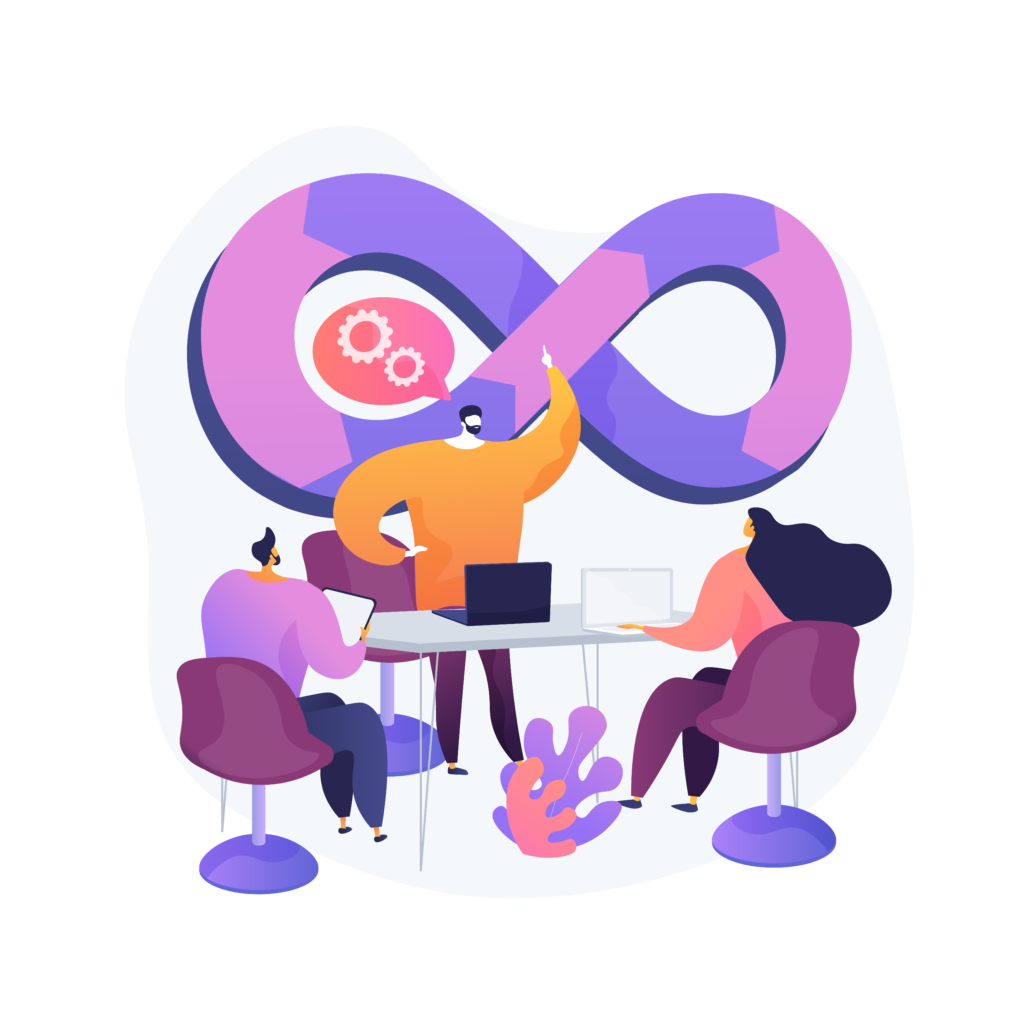

A theme is defined for each LearningLab. This provides the overall focus for the activities.
To ensure that your learners come, and that they are genuinely engaged, you must not just seduce them, but really motivate them with an issue that makes sense, that heralds real and profound changes. This subject must be able to generate a form of tension, address a current emerging issue in the local ecosystem. This theme may be driven by political issues and impacts (e.g. an area’s chosen economic development path), societal issues (e.g. a global event that is attracting attention and commitment to resolve it), economic issues (e.g. a local agricultural production issue) or environmental issues (e.g. a local sustainable development goals issue). A theme linked to the primary needs of human beings can be a good choice to make it easier for learners to take ownership.
In the Activities page you can read the themes we defined in the 3 Learning Lab launched in the project
Both during and after the process, it is important to gather feedback from the various stakeholders. It’s important that this feedback is used in a positive and constructive way to drive continuous improvement. As a committed organiser or facilitator, it is sometimes difficult to listen to feedback that is not always positive, and you need to know how to stand back and listen actively in order to draw constructive conclusions.
During the process, various devices can be put in place, such as a wall of post-it notes with questions for each day or each activity, which learners are invited to contribute to. This system requires learners to make a visible commitment in order to post post-it notes, making it difficult for them to give negative feedback.
At the end of the process, a quality questionnaire can collect feedback from learners on specific questions. The advantage of this is that it gives learners a certain amount of confidence to give their feedback, but it does not allow for discussion.
The best thing is to take the time to share and have sincere and direct discussions with the participants. This is more favourable because it avoids misunderstandings or misinterpretations and both learners and organisers can explain their point of view, their difficulties and the keys to improvement.

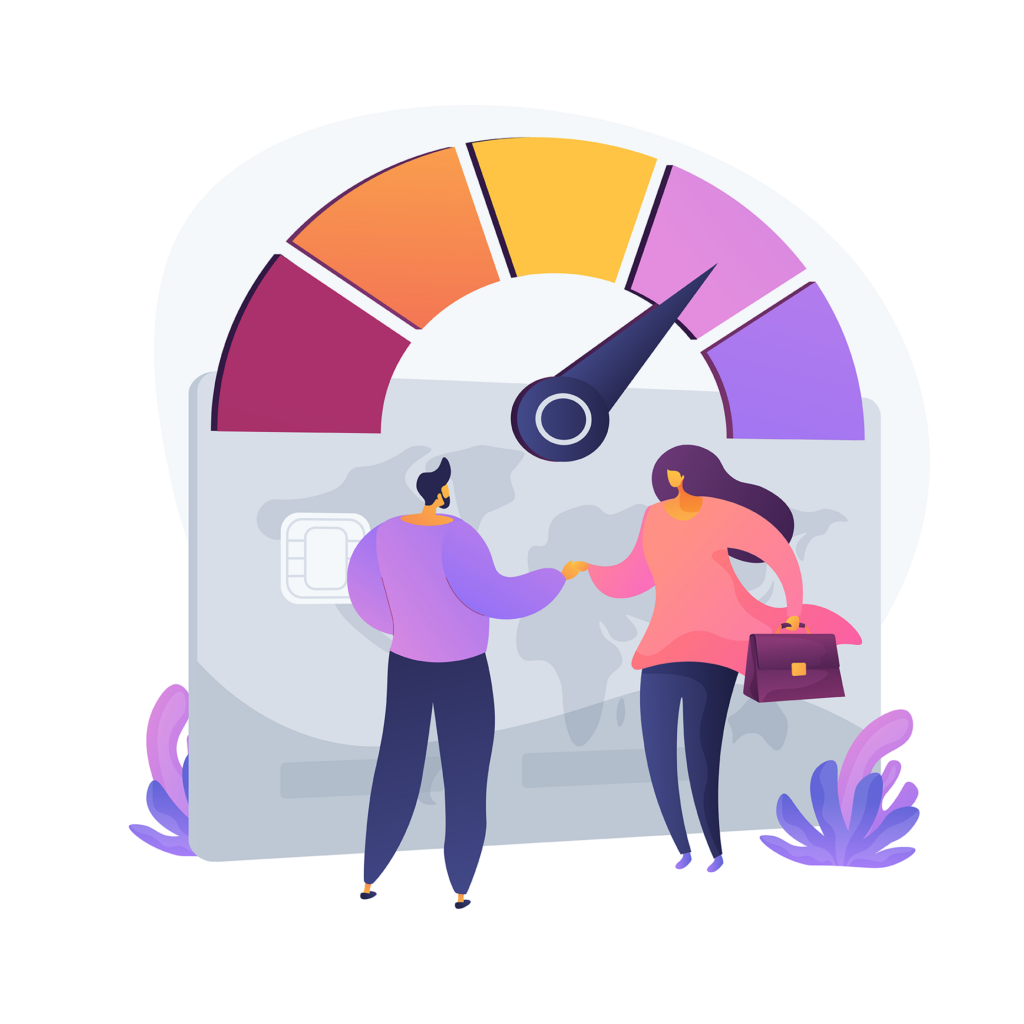
Start-ups and companies are involved in the process to provide fertile ground for learners’ ideas on the problem. Their fields of application can open up new possibilities for learners.
Start-ups and companies may be interested in finding out about the expectations and ideas of their future customers, employees or potential users. It may be important for them to position themselves strategically in certain areas and, through their participation, to show their commitment to emerging and innovative subjects. The learning activities and process can give them ideas for training or guiding the management of their teams.
In the Activities page you can find the Open call for startups and SMEs launched during the project and in the MOOC you will find the resources to launch your own open call
Teambuilding activities can be included in the LearningLab schedule. They can include:
– An energiser to get learners energised at the start of the day,
– An organisational discovery to show how a team works internally. The aim of the teambuilding activity is to understand the ways in which different team members work or communicate, and to show how each person takes on tasks or roles in the team, and who is more of a leader or a follower. In this way, everyone becomes aware of the role they play in teamwork and can learn to improve.
– An emotional release, an activity to relieve stress, let go or channel energy towards a more intense game.
– A tool to facilitate the work of the next session, to learn about each person’s cognitive mechanisms or to discover a particular process such as creativity.
The choice of these activities is very delicate and must be adapted to the learners’ needs at a given moment. Beware of “teambuilding washing” The introduction of this type of activity must be integrated into the programme and not just appended to it. These activities must be part of a real overall strategy for integrating learners and ensuring their well-being, and must be linked to learners’ needs. Do not hesitate to change or even cancel an activity if you feel that the learners will not be receptive to it and that it will not bring added value to the teams.
It is important to take the time to explain the objective of each teambuilding activity to the learners, to explain how this activity will help them in their work. Understanding the objectives is one of the keys to success. This type of activity should be kept to a minimum and should not take up the energy and time of the LearningLab’s main activities, but should act as a catalyst for them.
You will quickly notice that some learners adopt avoidance strategies (arriving late, using the toilet, backache, etc.). You need to support them to understand their reluctance and get them involved.
At the start of the session, the activities will be chosen to create a social and emotional bond between participants in the same team, helping them to get to know each other and create automatic communication patterns. It’s also an opportunity to create a positive emotional experience, a funny experience to relate to.
In the middle of the session, the activities will be there to boost motivation and channel energy.
Before an important presentation, an oral presentation, the activity will aim to let go and manage stress.
At the end of the session, it is interesting to create a collective construction experience or to repeat an activity done at the beginning of the sesion to show the progress made by the team.
As you can see, the choice of activities depends on the mood of your learners and the needs of your teams.
So it’s a good idea to prepare a range of possible activities so that you’re in a position to change according to the mood of your teams.
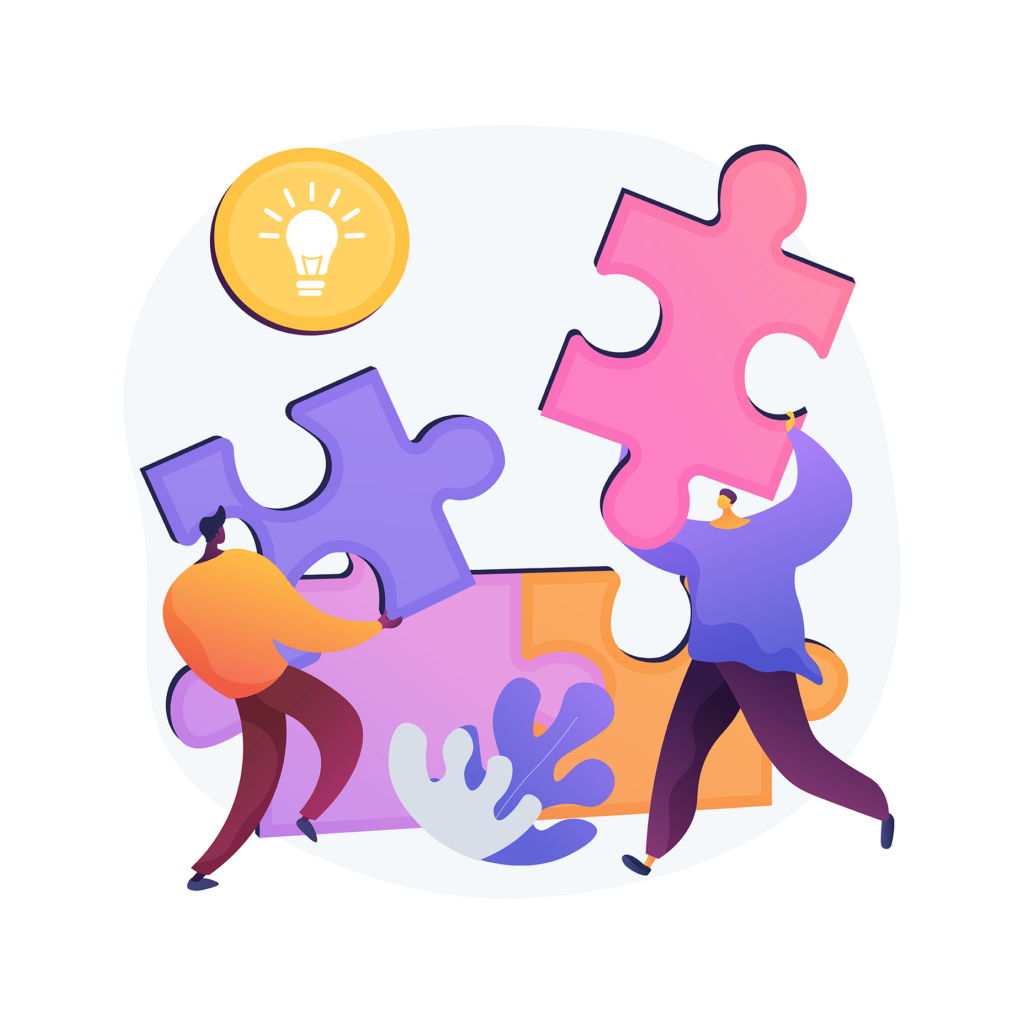

The Learning Lab’s activities are described in the DC4DM model process and the toolkit is available on Miroverse.
The process consists of three phases: Horizon scanning, Visioning and Ideating&Prototyping.
The learner teams will engage in the process with the aim of transforming their macro-theme into a specific theme, then defining a scenario to come up with a concept.
For each phase, the learners use two tools to guide them through the process. These tools are available in the toolkit; they are templates in which the learners are guided through the activities to be carried out to achieve the objective of the phase.
In addition, pre-process activities are proposed to train learners in one of the three drivers. A pre-process activity can be proposed before the start of each phase.
You can help the learner teams during this phase by making sure at the start of the phase that the teams are using the right tools and moving in the right direction in terms of teamwork. It is also necessary to offer time for teachers and learners’ teams to discuss their progress, guide them and ensure that the timing is right.
If you have the time, it might be a good idea to schedule a sharing time at the end of the phase, so that each team can share the fruits of its labour with the other teams.
We tested 10-day DC4DM LearningLabs. The recommended overall breakdown is :
– 1 day for welcome, launch, presentation of macro themes, team building, creation of a team identity
– 2 days for phase 1 Horizon scanning
– 3 days for phase 2 Visioning
– 3 days for phase 3 Ideation & Prototyping
– 1 day: preparation and sharing day
The 10-day breakdown can be extended to a longer period. This duration should be adjusted to the learner’s profile and your learning objectives.
Pre-process activities enable learners to practise the skills associated with the three drivers. They can be practised prior to the process.
Each phase includes tool activities that can be extended to allow more in-depth work. For example, phase 1 includes a “trend research” activity that can be extended to several weeks of independent work and be the fruit of longer research to produce a more substantial result. Similarly, depending on the degree of completion of the expected concept, the prototyping phase can be extended to several days, although it needs to be continuous to be effective.
The entire process is organised over 10 days. However, you can take advantage of a shorter period to apply your learners to just one phase of the project. For example, you can get the learners’ teams to work on specific themes with a view to defining a scenario with phase 2 activities.
In the Toolkit you will find the materials for phase 1 of the DC4DM learning process.
To begin phase 1, the team has a defined macrotheme.
At the start of the phase, take the time to explain the objectives of the phase using the presentation support provided in the toolkit, and to explain the timing required to complete this phase. The objective of this first phase is to define a specific theme. To do this, the learners’ teams will use two tools: “Trend research&Steep analysis” and “Domain map”. Both tools are described in templates.
The “Sustainability” driver skills can be practised at the start of the phase using the suggested pre-process activities: learning by walking, Stepping into the doughnut, What’s the goal.
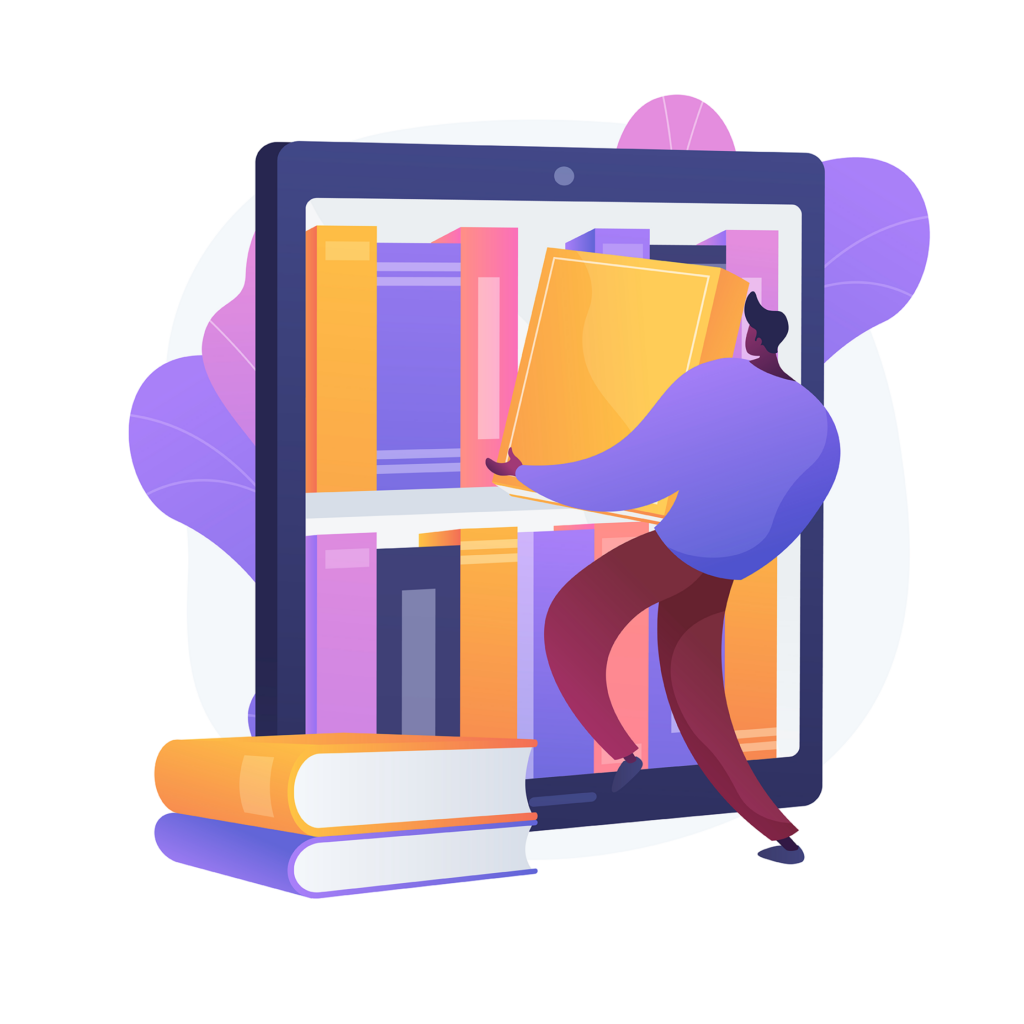
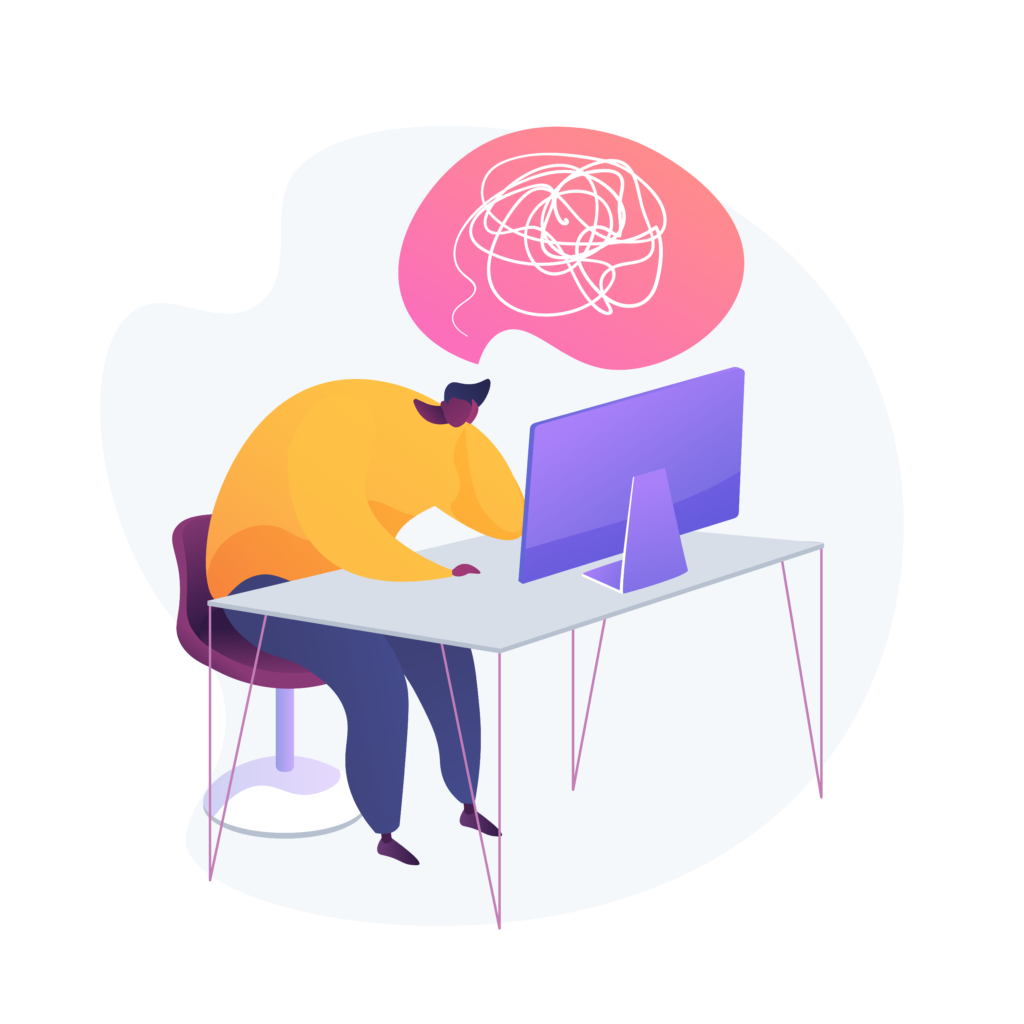
To begin phase 2, the team has a specific theme defined during phase 1.
A pdf file is available in the toolkit to present, at the beginning of the phase, the objectives of phase 2 Visioning, its expectations and the associated schedule.
The aim of this phase is to define a scenario. This scenario will be constructed by the learners team working on the “Alternative Futures” tool and then the “Scenario matrix”. These two tools are described in templates.
One of the two activities “ethical Game” and “Moral values finder” is recommended at the beginning of phase 2 to train the skills of the “Ethics” driver.
The aim of phase 3 is to develop a concept based on a scenario. The scenario defined in phase 2 serves as the starting point for phase 3. The learners’ teams will first use their creativity with the “Brainstorming & Inspiration Stimuli” activity and then prototype their concept using the “build to think” activity. The support for the presentation at the start of the phase is available on the toolkit. Pre-process tools from the “tech Foresight” driver are recommended to be applied at the beginning of the phase.
Phase 3 ends with a time for sharing. This is the time when each team presents its progress and achievements. The sharing moment is not an end-of-project presentation, as can happen in some training modules. Its purpose is not to evaluate but to enhance the learners.

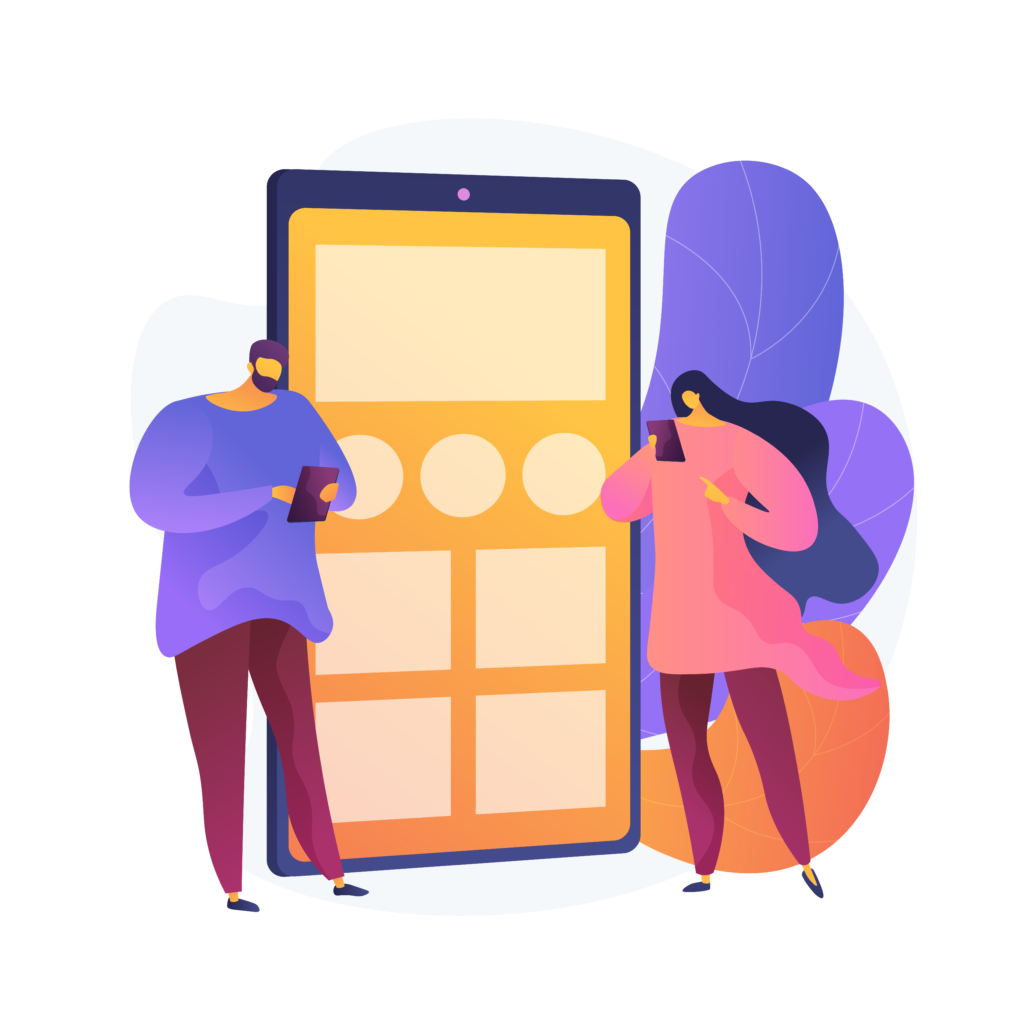
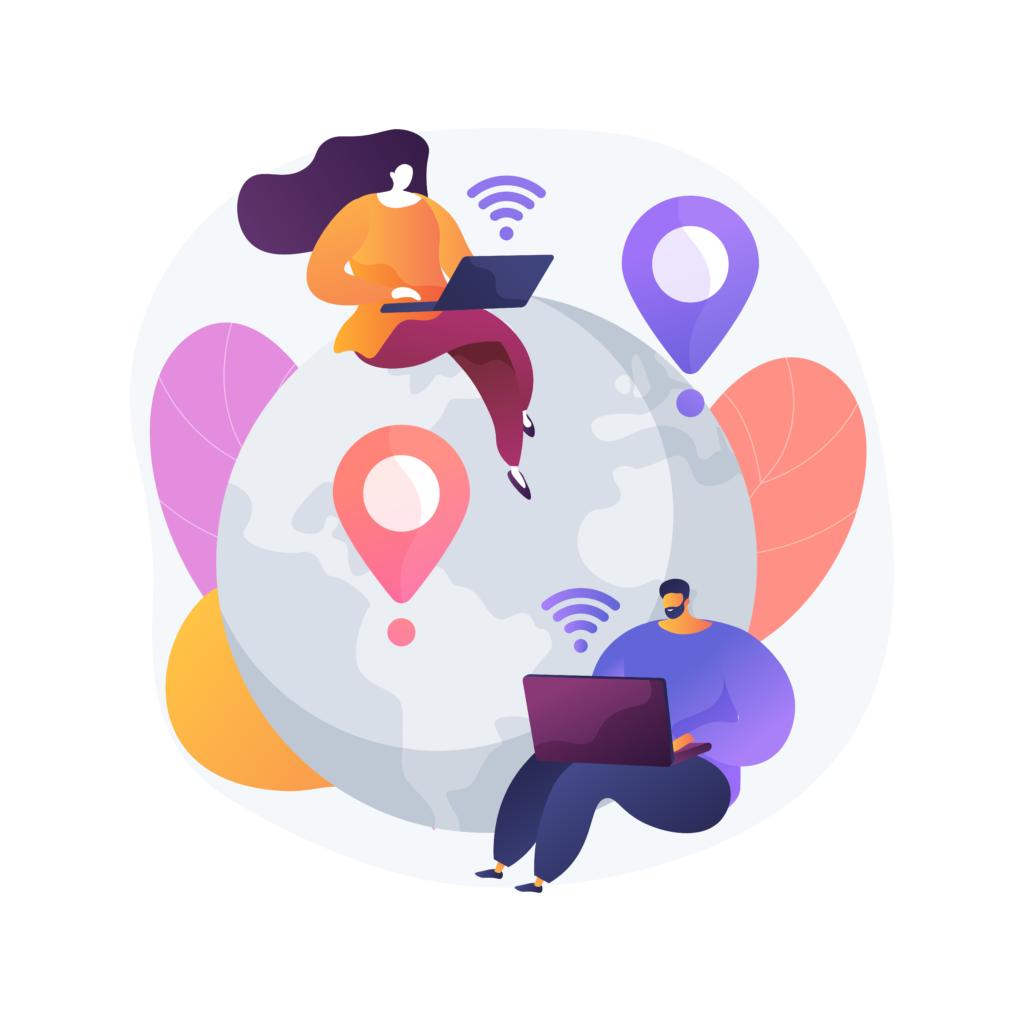
Communication about the LearningLab is aimed both at the LearningLab’s stakeholders (learners, companies, educators) and at outsiders.
The first communication is aimed at announcing the LearningLab and inviting learners and companies to take part. It should include a brief description of the theme, the training objectives and the training site.
Other upstream communications should be planned once the programme has been drawn up and the partner companies have been identified. This involves teasing out the learners and encouraging them to take an interest in future projects, while announcing the sharing day to encourage your networks to get involved. This can be done by simple posts on social networks, but also by press articles relaying the challenges of the chosen theme in local issues.
Regular communications can be used to share key moments, particularly the launch and the end of phases. Sharing results and learning method discoveries are relevant communication ideas. Communicating your feedback on the process or that of learners will enrich community discussions. Communicating learners’ activities or work can motivate them to get involved. This is also the time to solicit interest in inviting people to the sharing day.
Sharing Day is an important source of communication, and it may be useful to collect image/sound or video feedback from the various participants.
Publishing feedback over a few days or months is relevant for the community interested in the DC4DM process. This feedback enriches the debate and offers a practical perspective to future educators and learners.
The aim of the DC4DM project is to offer a learning process while building an interested community. To join the community, you can contact us via the website but above all join our LinkedIn group or Facebook group.
The aim is to share information on the themes inherent in the learning process.
You can share with us :
– Your questions about the learning model
– Your questions about the tools and their implementation
– Your questions about or your desire to set up a LearningLab
– your announcement of a LearningLab
– how you set up a LearningLab, your choices, what theme you chose, the activities you set up
– feedback on the learning process, how the DC4DM process has helped you to train and guide your learners
– feedback from your learners
– suggest additional tools for reflection
– suggest avenues for reflection
– invite people from your networks who might be interested in the process.

